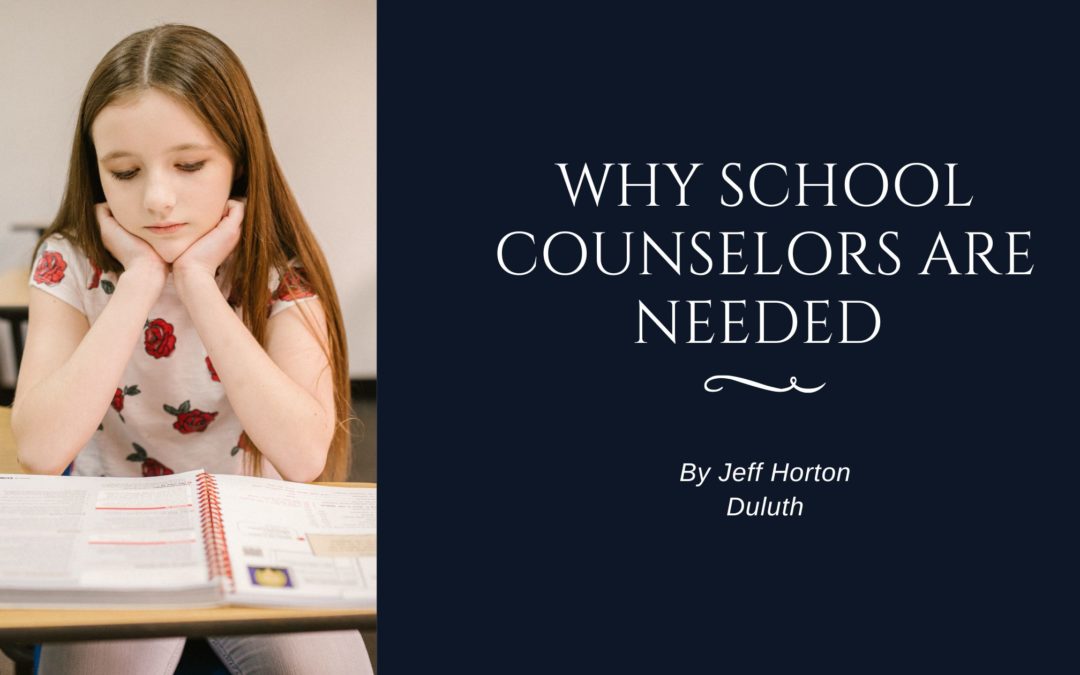It’s always challenging to tell someone they must go to the principal’s office. But, sometimes, the demands of school can compel an individual to act out.
As a school counselor, you can help students navigate the sometimes challenging school year by providing them with the necessary support and guidance.
People, especially young adults and children, need support and guidance when dealing with various social, academic, and personal pressures. As a school counselor, your goal should be to help individuals reach their potential.
School counselors help students from kindergarten to college. They play a vital role in helping them reach their educational goals and fostering their well-being. As counselors, you’ll listen to their concerns and provide them with the necessary resources to achieve their goals.
Since everyone’s social and home lives are different, you’re the only person who can effectively meet the needs of individuals at a specific time.
School counselors can help students with issues such as bullying, low self-esteem, and relationship problems. They can also refer them to mental health counselors or psychologists when needed. In addition, you’ll help them develop realistic career and academic goals by evaluating their personalities, abilities, and interests.
What Counselors Do
- Conduct a comprehensive evaluation of students’ concerns
- When necessary, develop a plan for the resolution of students’ concerns
- Monitor the relationship between teachers and students
- Help to settle disputes
- Facilitate peer counseling programs
- Assist students with college applications
- As a counselor, you should establish alcohol and drug prevention programs.
- Work with academic boards to improve the learning environment.
You can work in different school environments, such as elementary, middle, and high schools. Many private and public schools, colleges, and universities require counseling staff members. According to a report from The Bureau of Labor Statistics, demand for school counselors will increase over the next couple of years due to the rising number of students.
After completing your master’s degree in school counseling, you may want to pursue a doctorate in clinical psychology. This will allow you to work as a school psychologist, which involves diagnosing and treating disorders. While it will require several years of additional work, it will enable you to expand your career opportunities.
